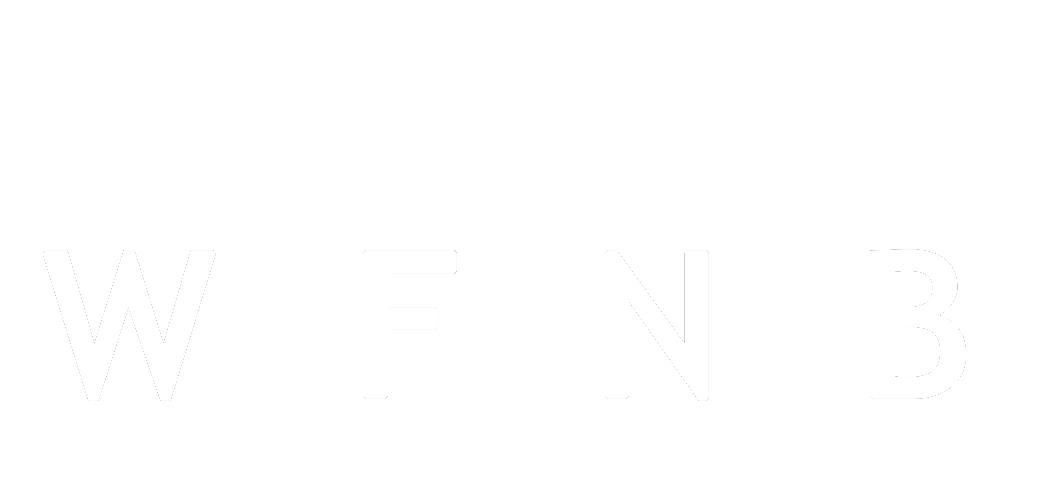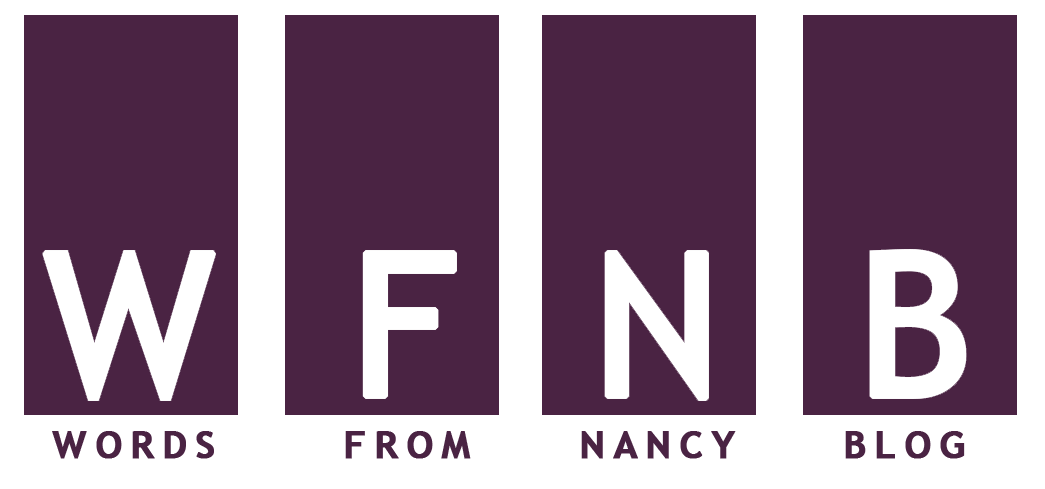(Bloomberg) — Italy, France and Spain continued to grapple with some of the world’s worst coronavirus outbreaks as discussions in Germany and within the European Union focused on how to mitigate the economic fallout.
Italy and France both reported the most new cases in four days, complicating efforts to gradually ease containment measures. In Spain, where the daily case count was mostly steady, lawmakers extended a state of emergency to May 9. The three countries together had more than 10,000 new cases on Wednesday, bringing their combined total to almost 600,000. They’re preparing to cautiously lift restrictions starting next month, following the examples of nations including Denmark and Austria.
“We’re in a preparation phase for the second stage — I’m not talking about going back to normal life — we don’t know how long it will last,” French President Emmanuel Macron said on a visit to a supermarket in western France to thank staff who have continued to work amid the lockdown.
Talk of a return to business as usual was scarce in the U.K. too. The government warned Britons they face a prolonged period of social and movement restrictions as officials struck a downbeat tone. The U.K. also reported an increase in new confirmed cases, with 4,451, for a total of 133,495.
The European Commission, the EU’s executive, floated a 2 trillion-euro ($2.2 trillion) plan for economic recovery as leaders prepared to discuss ways to jolt the trading bloc out of the paralysis caused by the lockdowns introduced to contain the pandemic. The direction of the response may hinge on Germany, where Chancellor Angela Merkel’s ruling party is at odds with its coalition partner over the next phase of stimulus measures.
The EU’s 27 heads of government will hold a video conference Thursday to discuss new measures after stringent lockdowns shuttered factories and halted travel, pitching the world’s largest trading bloc into the worst recession in living memory. The EU expects output to contract by as much as 10% this year, according to an official.
The richer northern EU members have been resisting pressure for new financing structures to help reconstruction in the southern countries hardest hit by the virus. The compromise proposal, set out in an internal commission document seen by Bloomberg News, would partially use the EU’s existing seven-year budget and also establish a new financing mechanism.
But in Germany, Merkel’s Christian Democrat-led bloc is pushing back against immediate new stimulus demanded by its Social Democratic partner. The debate risks reopening old wounds after Germany’s grand coalition — which seemed to be coming to an end only a few months ago — closed ranks in the fight against the coronavirus.
The reluctance to commit to more spending so soon after countries across Europe already announced unprecedented fiscal measures goes to the heart of the issue dividing the continent.
France, Spain and Italy have called for the EU to introduce joint debt sales but governments in Germany and the Netherlands have rejected so-called coronabonds over fear they’d be stuck with the bill. The pressure to act is increasing as the costs of halting large swathes of the economy become clearer.
“We have to be careful not to introduce each week a new measure followed by another measure the next week,” Merkel said Monday




